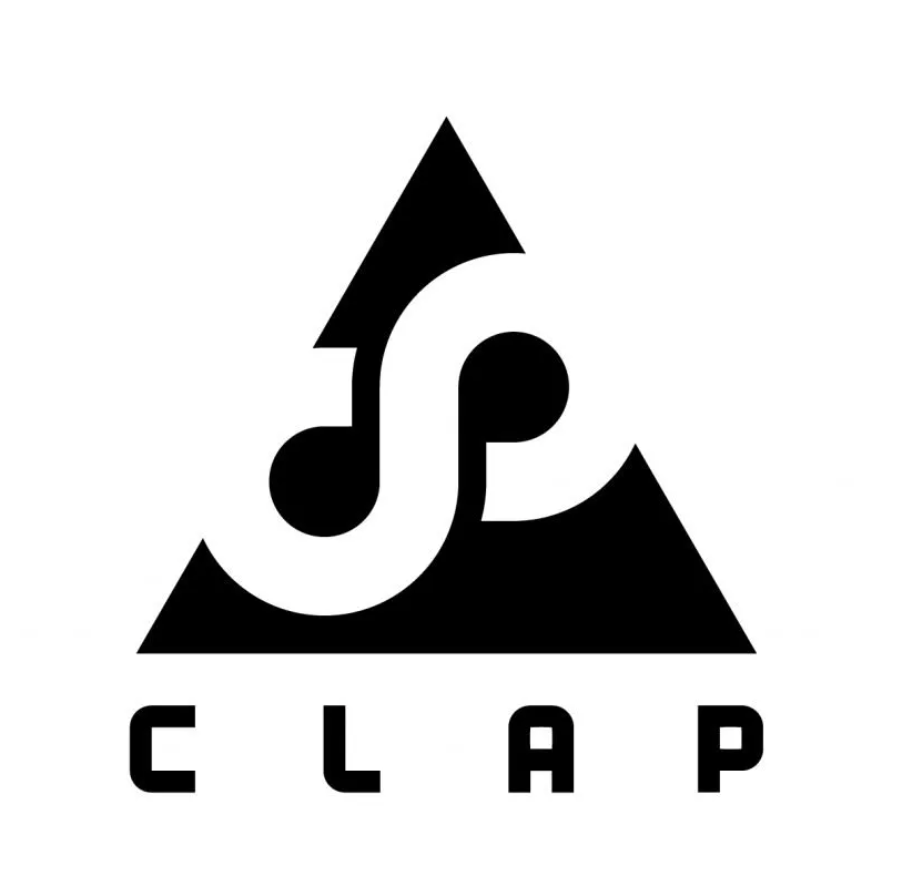Exciting News in the Audio Plugin World, Bitwig and u-he Officially Announce the Launch of a New Standard for Audio Plugins and Hosts: CLAP.
Perhaps you’re wondering, ‘Why should I care?’ Weren’t VST, AAX, and AU enough?
Well, yes and no. Let’s quickly understand why.

“CLAP is an acronym for CLever Audio Plug-in API. It is a new standard that facilitates communication between audio plugins and hosts (where hosts refer to DAWs, audio editors, and any other software capable of hosting third-party plugins).
The fundamental aspect that sets this new format apart from the aforementioned VST, AAX, and AU is that it operates as an open standard. VST, AAX, and AU were created and are supported by Steinberg, Avid, and Apple, respectively, essentially holding control over their fate.
Developers who want to make their products available in these formats are, so to speak, bound by the tools provided by these major three.
By using an open standard, they are free from potential constraints.
However, unlike LV2, CLAP is backed by two influential companies, Bitwig, the creator of the Bitwig Studio DAW, and u-he, the producer of some of the market’s best synth plugins and equally impressive effects (such as the Colour Copy delay).
Both Bitwig Studio and u-he plugins are already available in the new format, albeit still in beta.
Numerous other industry giants have shown interest in CLAP, including companies like Arturia, Presonus, FabFilter, and ValhallaDSP, to name a few.
“CLAP vs VST/AAX/AU
From the end-user perspective, including musicians, producers, composers, home recording enthusiasts, and audio engineers who will directly interact with plugins and DAWs, the potential advantages of this format are diverse, at least on paper.
The promise is better performance, especially on CPUs found in more modern computers.
The CLAP standard will also enable hosts to implement functions such as storing third-party files used by plugins in the same project file as the DAW, for example, audio samples and wavetables. This significantly eases the process of archiving or simply transferring projects from one computer to another.
Another intriguing capability of CLAP plugins is their ability to handle independent automations and modulations for each individual note, particularly on polyphonic synth plugins, as outlined in the MIDI 2.0 specifications.”
Info and Updates
For more information on CLAP, plugins, and DAWs compatible with this new standard, as well as the complete list of all audio companies involved in the project, I refer you to the official announcement available on the u-he website.
If you are a developer interested in working with this format, I direct you to the project’s GitHub page.
